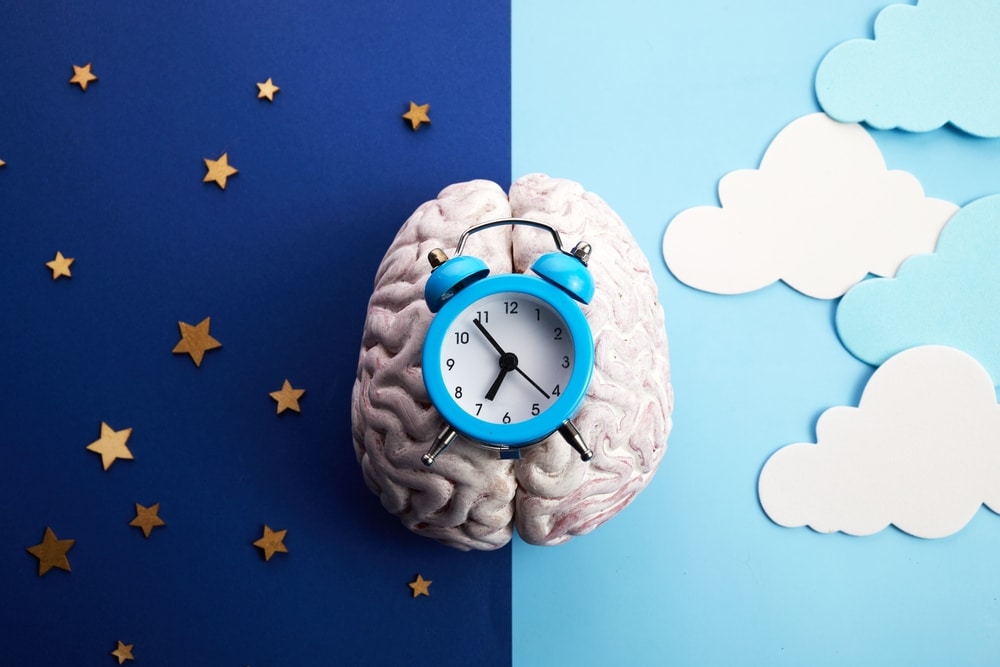
Insomnia Study: The Hospital Universitari de la Ribera Conducts Research to Improve the Quality of Sleep in Patients with Insomnia
Understanding sleep in a clinical setting is important to learning about how our brains change over time in association with sleep cycles. Many researchers believe that problems in sleep may be a large contributing factor to neuro-cognitive degeneration.
A hospital in Valencia Spain is putting that to the test using CogniFit to examine how people perform over time with different sleeping patterns and detect any possible signs of cognitive change. The research publications supporting cognitive enhancement through brain training, healthy sleep, exercise, and diet are adding up and we hope for the best for our brains. With our advanced Neuropsychological testing we aim to help doctors, researchers and clinicians better understand the human brain and how it changes over time.

With our advanced Neuropsychological testing we aim to help doctors, researchers and clinicians better understand the human brain and how it changes over time.
If you want to try our most advanced product for free please visit our Health Platform page – CLICK HERE. An original study using CogniFit showing a poorer cognitive performance among adults with insomnia as compared to controls https://pubmed.ncbi.nlm.nih.gov/18412036/ This study explores the association between chronic insomnia and changes in cognitive functioning among older adults.
Cognitive training improves sleep quality and cognitive function among older adults with insomnia To investigate the effect of an eight-week, home-based, personalized, computerized cognitive training program on sleep quality and cognitive performance among older adults with insomnia.

Another intervention study using CogniFit tools showing cognitive and sleep improvement in persons with insomnia https://pubmed.ncbi.nlm.nih.gov/23577218/. The conclusion was that new learning is instrumental in promoting initiation and maintenance of sleep in older adults with insomnia.
Lasting and personalized cognitive training is particularly indicated to generate the type of learning necessary for combined cognitive and sleep enhancements in this population. Along these lines, we recently launched a clinical trial (registered at https://clinicaltrials.gov/ct2/show/NCT05050292) and we have already published an article with the protocol: https://pubmed.ncbi.nlm.nih.gov/35296055/ Cognitive training improves sleep quality and cognitive function among older adults with insomnia.
To investigate the effect of an eight-week, home-based, personalized, computerized cognitive training program on sleep quality and cognitive performance among older adults with insomnia.
As new research points us to sleep we better understand the brains mechanism for protection through waste management and the importance of slow wave sleep cycles in maintaining a healthy aging brain. We look forward to learning more about this ongoing study and are excited about the future of sleep research.
Do you want to accelerate your research efforts? Join our Research Network on Cognitive Health and help be the change you wish to see in the world – Join Now, CLICK HERE.












